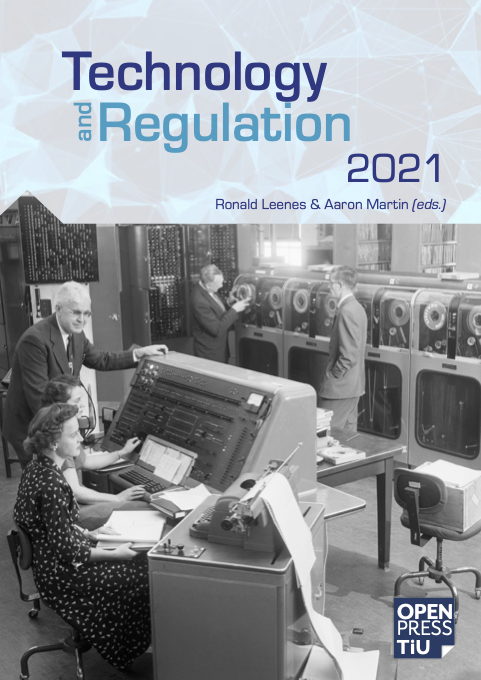The right of access to personal data: A genealogy
DOI:
https://doi.org/10.26116/techreg.2021.005Keywords:
Right of Access to Personal Data, Due Process, Informational Self-Determination, Power, Information Asymmetry, Civil Rights, GDPRAbstract
In this paper, I analyze several traditions of data protection to uncover the theoretical justification they provide for the right of access to personal data. Contrary to what is argued in most recent literature, I do not find support for the claim that the right follows from the German tradition of “informational self-determination” or Westin’s idea of “privacy as control”. Instead, there are two other less known theories of data protection which do offer a direct justification for the right of access. First, American scholars Westin and Baker developed the “due process” view according to which access helps to expose error and bias in decision-making, thereby contributing to correct decisions and allowing the people who are affected to be involved in the decision making. Second, in what I call the “power reversal” view of access, Italian legal scholar Rodotà argues that, in particular when seen from a collective point of view, the right enables social control over the processing of personal data and serves as a counterbalance to the centers of power by placing them under the control of democratic accountability.
Downloads
Downloads
Published
Issue
Section
License

This work is licensed under a Creative Commons Attribution-NonCommercial-NoDerivatives 4.0 International License.
Submissions are published under a Creative Commons BY-NC-ND license.’





